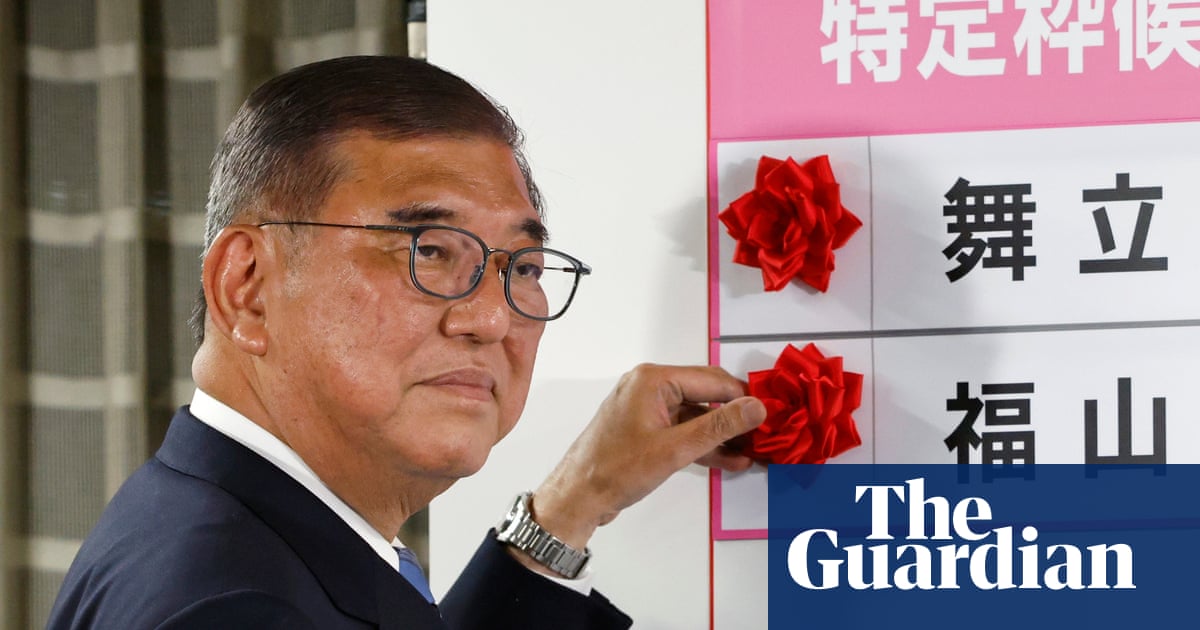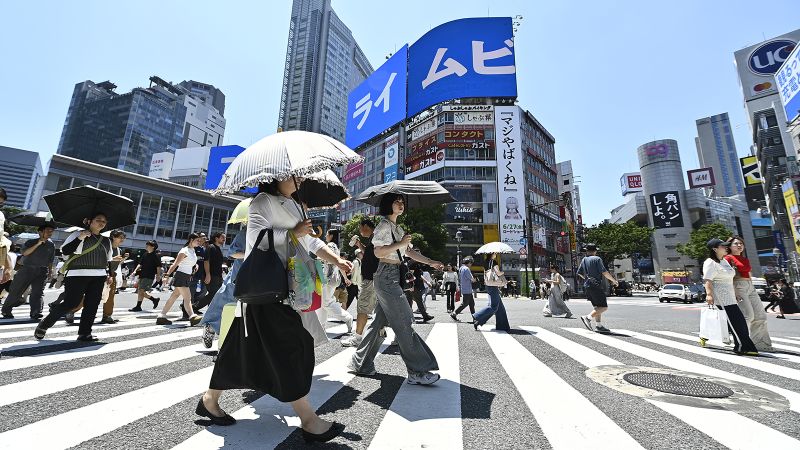T4K3.news
Japan's ruling coalition predicted to lose upper house control
Exit polls indicate Japan's government may struggle to maintain power following the recent election.

Japan's ruling coalition may lose control of the upper house following exit poll predictions.
Japan faces political uncertainty after disappointing election results
Japan's ruling coalition led by Prime Minister Shigeru Ishiba is projected to suffer significant losses in the upper house, according to exit polls from Sunday’s election. This follows a previous defeat in the lower house, indicating potential instability for Ishiba's government. The exit polls suggest the coalition might secure only 32 to 51 seats in the upper chamber, below the needed 50 to maintain control. Ishiba acknowledged the harsh result during a post-election interview, emphasizing the need to focus on crucial tariff negotiations with the United States that are approaching a deadline. The opposition parties, particularly those advocating for tax cuts and welfare, have gained attention amid rising consumer prices, complicating the political landscape for Ishiba's administration.
Key Takeaways
"I solemnly accept the harsh result"
Ishiba acknowledges the defeat as challenging for his government.
"The LDP was largely playing defense in this election."
An analyst highlights the Liberal Democratic Party's struggle to address voter concerns.
"We must never ruin these negotiations."
Ishiba stresses the importance of ongoing tariff talks with the US despite political instability.
"All of them are foreigners."
A Sanseito supporter expresses concerns about the increasing visibility of foreigners in Japan.
The challenges Ishiba faces are not merely political but deeply tied to Japan’s economic situation. The election results indicate a shift in voter sentiment, with many responding to economic pressures and the rising cost of living. The success of the far-right Sanseito party suggests that previously fringe ideas are now gaining traction among frustrated voters. This scenario may lead to a more polarized political climate, pushing traditional parties to rethink their strategies as they struggle to connect with the electorate's changing priorities.
Highlights
- Voter frustration is reshaping Japan's political landscape.
- Opposition parties are capitalizing on economic worries.
- The rise of far-right rhetoric signals voter discontent.
- Ishiba faces critical challenges in maintaining support.
Political turmoil post-election
The election results forecast instability for the Ishiba government as it faces mounting pressure from voters amid rising prices and shifting political sentiments.
The path ahead for Ishiba and his coalition remains uncertain amid rising economic challenges.
Enjoyed this? Let your friends know!
Related News

Japan's ruling coalition may lose majority in critical election

Japan’s upper house election results threaten Ishiba’s majority

Japan's ruling party likely loses majority in election

Japan votes in key election for Ishiba

LDP-Komeito coalition faces major electoral loss

LDP suffers significant loss in Japan elections

Shigeru Ishiba's coalition loses majority in Japan's upper house

Sanseito party gains significant seats in Japan elections
